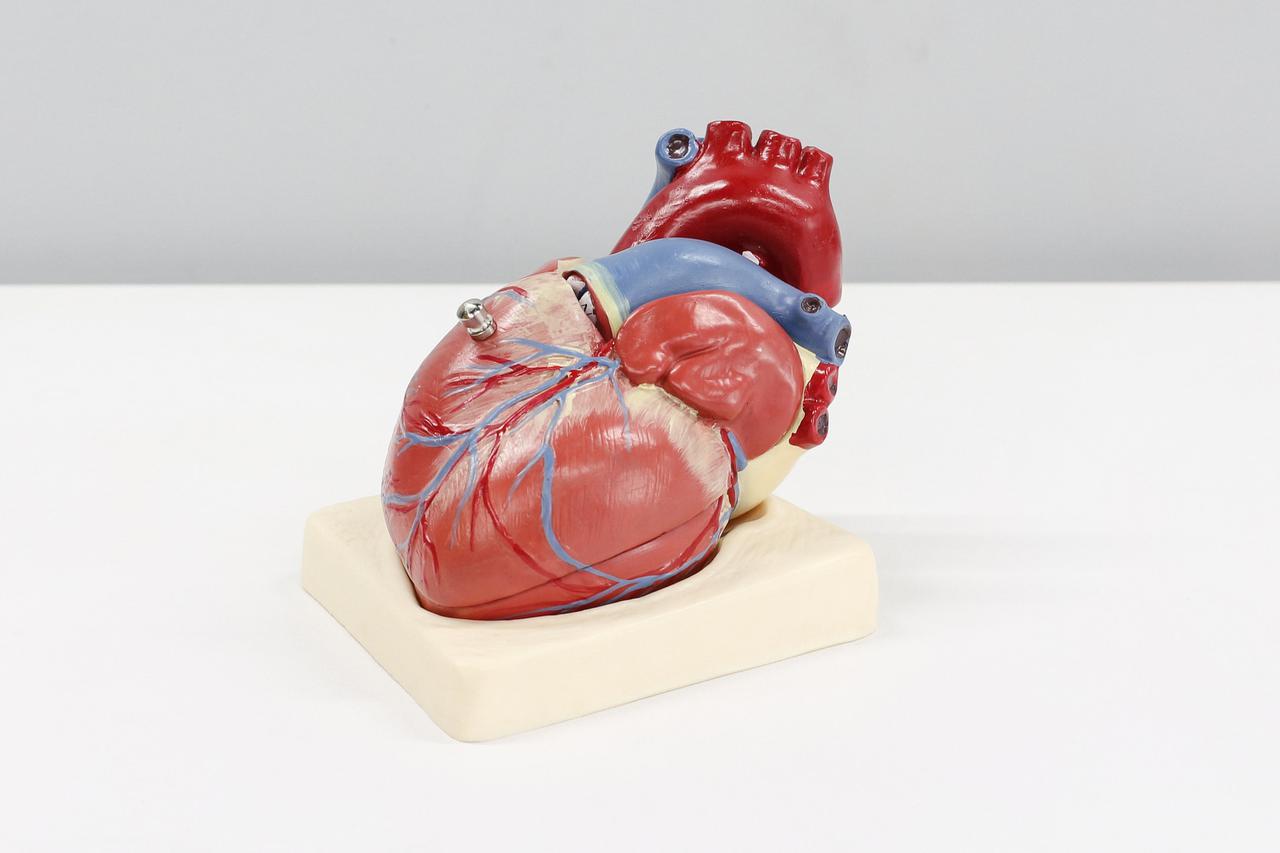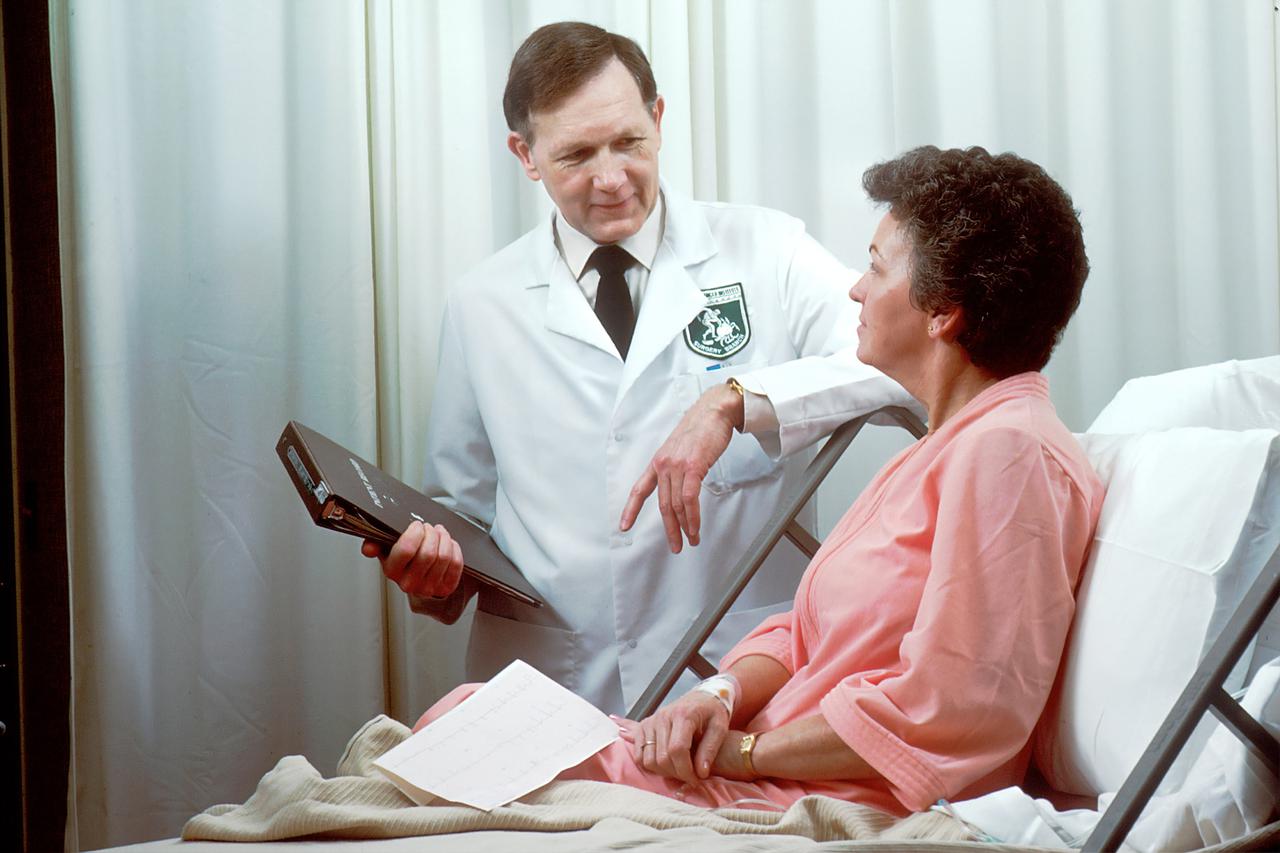An arterial disease diagnosis from your general practitioner can be overwhelming and stressful. They may refer you to a specialist or the hospital for more testing. Arterial disease broadly refers to issues with blood vessels that carry oxygen-rich blood from the heart and lungs to the rest of the body.
Coronary artery disease leads to heart attacks and angina, while peripheral arterial disease refers to issues with the arteries in the legs and arms. Those issues can include blockages, hardening, and narrowing. Here are some of the symptoms, effects, and prognosis for arterial disease.
When you experience symptoms that might be arterial disease, it’s important to contact your GP or get a consultation with a heart specialist. After going through routine testing, you can get a diagnosis and begin treatment to minimize the effects of the disease on your body.
Some symptoms that indicate you need an appointment with a doctor include:
Symptoms of peripheral arterial disease include:
These symptoms might only occur when the heart beats faster than usual–such as during exercise–putting additional stress on your arteries. Catching arterial disease early in the condition’s development is one of the best ways to prevent it from worsening.

Lifestyle is one of the contributing factors to the development of arterial disease. It’s not prescribed medication, but lifestyle changes are recommended to improve the symptoms. Some of the changes heart specialists suggest include:
There are medications a heart specialist might recommend for treatment. But, these lifestyle changes are a good foundation for building ongoing health and wellness in yourself and your family.
Unfortunately, arterial disease is a lifelong condition. Still, when your general practitioner or a heart specialist catches it early, you can mitigate its effects. Living with arterial disease means taking a little extra to prevent the symptoms from worsening.
One of the main concerns for peripheral heart disease is the prevention of sores that won’t heal with proper foot care. That may include:
Making lifestyle adjustments can also improve the symptoms of coronary artery disease. By working with a heart specialist, you can make the changes necessary to mitigate the long-term effects of the disease.

Our clinic is an alternative to the stress and hassle of going to a hospital for cardiovascular problems. The esteemed cardiologist and nurse practitioners of Champion Heart & Vascular Center provide exceptional patient care and results across North Carolina in Dunn, Henderson, the Greater Raleigh-Durham area, Oxford, and Fuquay-Varina.
We offer the same services as a hospital; endovascular suites, vein centers, echocardiography, and heart and vascular labs. What sets us apart is our convenience in scheduling and cost-effective services outside of the bureaucracy of the hospital system. When you want expertise and superior care for cardiovascular problems, Champion Heart & Vascular Centers are here to help.
